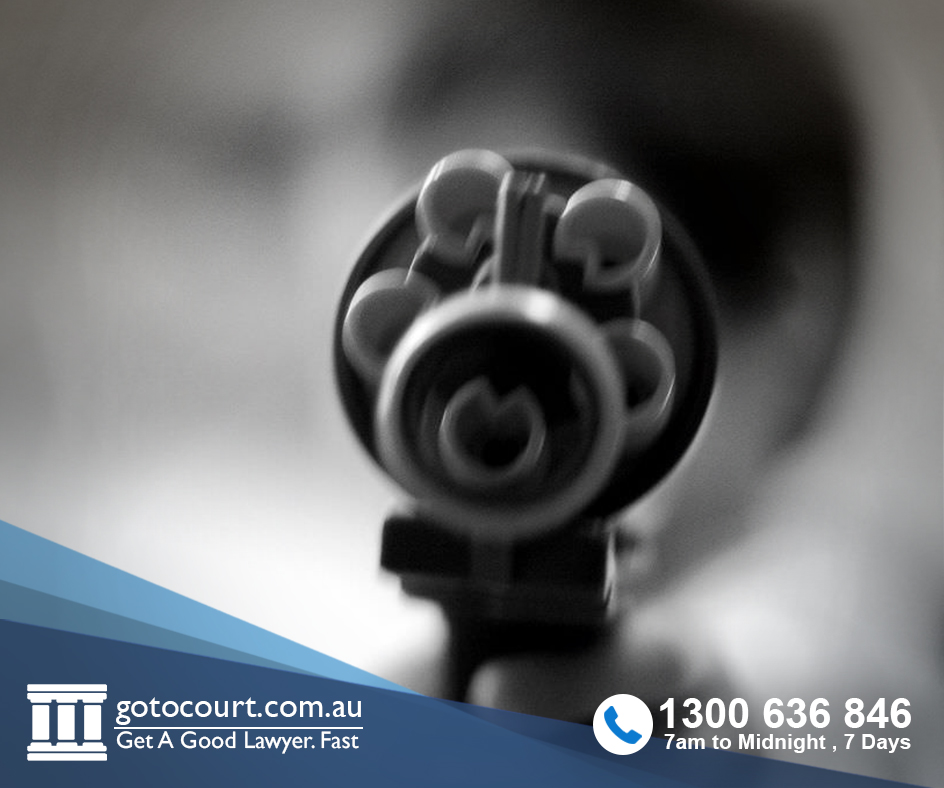Pleading Guilty in the Magistrates Court (Vic)
When you plead guilty you are essentially electing to accept responsibility before the court for the offences you have been charged with. A plea of guilty can be entered at any stage prior to the contested hearing. However, you should be aware that the courts commonly extend a sentencing discount when dealing with people who are pleading guilty at an early opportunity. This means that they receive a slightly more lenient penalty than what they would have received if they had been found guilty by the court following a contested hearing. The courts will extend less of a ‘discount’ for a guilty plea the closer a matter gets to a contested hearing. When considering pleading guilty, it is essential to consider the charges laid against you, the police summary of facts and the strength of the evidence against you.
Before pleading guilty
When pleading guilty, it is often beneficial to your matter to write an apology letter and/or to obtain character references from people who know you in the community. Ideally, character references should be from people who know you in the context of work or study, rather than friends or family.
These documents can be tendered to the court for its consideration and can assist the magistrate to decide on the appropriate sentencing orders.
Apology letter
It is crucial that you do not make excuses for your actions in your apology letter.
An apology letter should generally include:
- A genuine apology that demonstrates understanding of the consequences of your actions;
- Any steps you have taken to address your behaviour since the offending;
- Something about your circumstances i.e. your work, relationship status; and
Character reference
A character reference should include:
- The name and occupation of the person writing the reference. It is crucial that all references be signed as without a signature the court cannot give any weight to the reference;
- How long the writer has known you and where they met you;
- That they are aware of the charges against you;
- How they became aware of those charges;
- If possible, how they can offer you guidance and support.
If the character reference is from your employer, it can also address any impact the recording of a conviction or a licence suspension would have on your employment.
Attending court
Once you arrive at the courthouse you will be required to attend the Criminal Coordinators Counter and file your appearance and advise them that you will be pleading guilty. The clerk will then inform you which court room your matter is to be heard in. Upon entering and leaving a court room, when court is in session, you should bow to the Magistrate. Also ensure that sunglasses and hats are removed before entering a court room.
The plea hearing
Depending how busy court is, you may have to wait a number of hours before your matter is called on. If you are representing yourself, once your name is called, you are required to make your way to the bar table in the middle of the court room where a prosecutor will already be sitting. The Magistrate will ask you what is happening with the matter and you will say that you are pleading guilty.
The prosecutor will then proceed to read the summary of facts. Once the Prosecutor is finished, the Magistrate will ask you whether you agree with the facts. If you indicate you agree, the Magistrate will find the charges proven. The Magistrate will then ask the Prosecutor whether they have anything to allege. If you have a prior criminal or traffic record this will be handed up to the Magistrate.
You will then have your chance to speak and explain to the Magistrate the circumstances of the offending. You should also tell the Magistrate:
- Who is supporting you in court, if anyone;
- What you have done to rectify your actions;
- What you learned;
- Personal information about yourself, such as:
- Your age;
- Your family status;
- Whether you are working or studying;
- How much you are earning;
- If you support anyone financially;
- Any personal problems you may be experiencing;
- How a loss of licence will significantly impact you (if it is a traffic offence);
- How a conviction will impact you (For example, if your employment requires you to undertake yearly police checks.
You may at any time tender your apology letter and character reference to the Magistrate to support your submissions. The process can be stressful. If it help you, you can write down what you wish to say and read it out in court.
Sentencing
Once all parties have made their submissions, the Magistrate will make an order sentencing you as they see fit. If the Magistrate imposes a fine, you may suggest to the Magistrate that you require more time to pay than what the Magistrate has ordered.
Appealing
If you believe the sentence imposed is unfair, you have a right to appeal the decision to the County Court. An appeal must be lodged within 28 days from the date of your sentencing.
If you require legal advice or representation in a criminal law matter or in any other legal matter, please contact Go To Court Lawyers.






